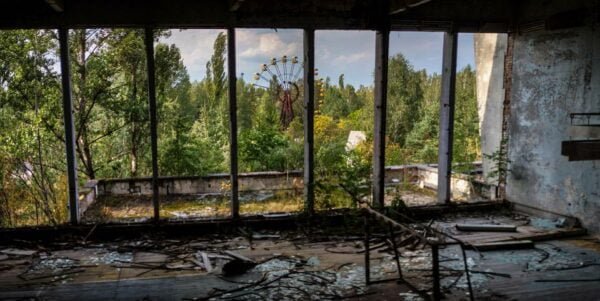Literally the opposite of utopia, or ‘perfect place,’ the term dystopia was coined in the mid-19th century and has been used to both critique laws, policies and actions by those in power, and to describe states of being.
A dystopian society is generally seen as an imagined state of existence, or an imagined society, characterized by gross imbalances of power, injustice, cruelty, suffering and hopelessness, with either totalitarian or nonexistent—or at least invisible—and always unethical forms of government.
It sounds pretty grim, a place none of us would want to visit, let alone live in. And yet, dystopian literature, film and television are among the most popular of genres, drawing millions of readers and viewers to each newly imagined dystopic world. And it’s been this way since the late 18th century, when Jonathan Swift published what is considered by many to be the first dystopian novel, Gulliver’s Travels. People haven’t stopped reading it since, and though dystopias have evolved since then, often figured as occurring either after an apocalypse (though they differ from a post-apocalyptic world) or as a result of a long-term disintegration of society, they have only risen in popularity.
Activities
Conferences
1st Global Inclusive Interdisciplinary Conference
Loving Dystopia
Friday 17th March 2023 – Saturday 18th March 2023
Prague, Czech Republic

